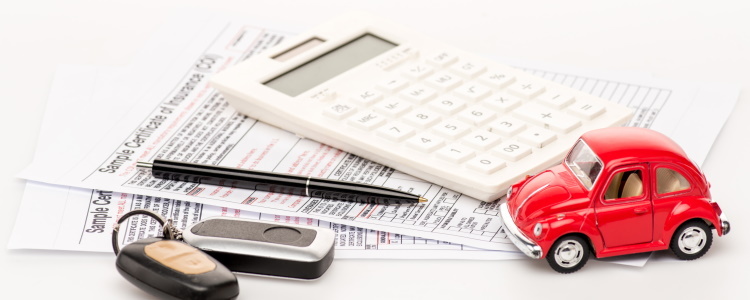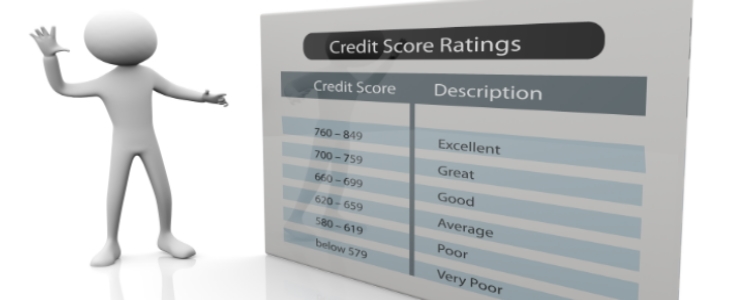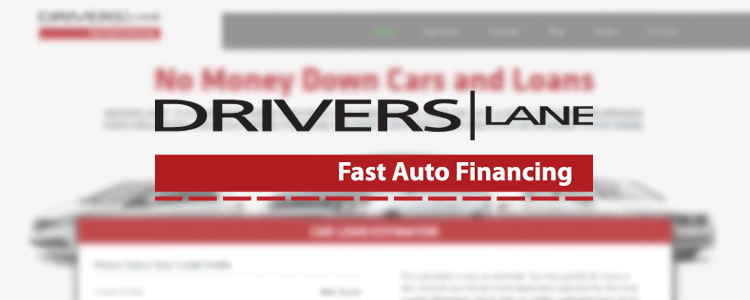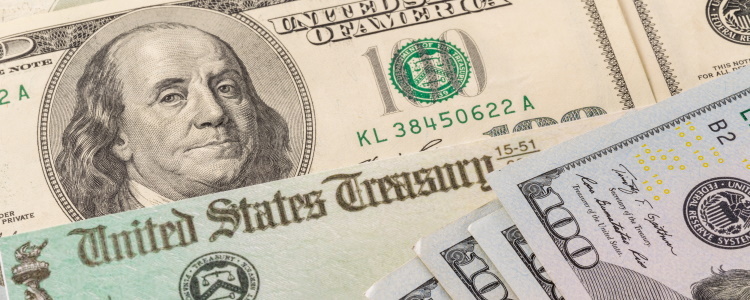Bad credit car loans come with higher interest rates than conventional auto loans, but they provide a valuable opportunity to build credit. The interest rate on a bad credit car loan is determined by many factors including your credit score, state, and age of the vehicle you’re financing.
5 Factors that Determining Bad Credit Interest Rates
No two car buying situations are exactly the same. According to the credit bureau Experian, the average interest rate on a new car loan was 5.17 percent in the first three months of 2018, while it was 9.18 percent on a used car loan. Different lenders offer different rates, but there are at least five things lenders look at to determine your interest rate:
 Credit score – Typically, the higher your score, the lower your interest rate. If your credit score isn’t stellar, one option is to take out a subprime loan now and refinance in one to two years if your credit has improved enough to qualify for a better rate.
Credit score – Typically, the higher your score, the lower your interest rate. If your credit score isn’t stellar, one option is to take out a subprime loan now and refinance in one to two years if your credit has improved enough to qualify for a better rate.- Debt to income (DTI) ratio – Your DTI ratio is the total of your monthly bills, including the car payment and insurance, divided by your gross monthly income. This is a way for lenders to measure your ability to pay them back. The ideal DTI ratio should be below 50 percent. Anything above that makes it difficult to get approved for an auto loan with bad credit.
- Down payment – When dealing with a subprime auto loan, a down payment is required. The amount varies by lender, but typically they’ll ask for $1,000 or 10 percent of the vehicle’s selling price. If you’re looking for a better interest rate, making a large down payment may help you qualify for one.
- Vehicle age – Typically, used cars come with higher interest rates compared to new vehicles. The reason is because used cars are harder to value. A higher interest rate balances this unknown.
- Loan term length – The loan term length you choose also affects your interest rate. If you pick a shorter loan term – say 36 months – your interest rate will typically be lower, but your monthly payments will be higher. While choosing a longer loan term length may feel like a money-saving move for monthly payments, your interest rate may be higher. This isn’t the best route to take because you can put yourself in a financial burden and be upside down longer.
The Bottom Line
You may not get an ideal interest rate when you take out a subprime auto loan, but you can improve your credit score by making all of the payments on time. You may be able to improve your credit to the point where you can refinance and qualify for a lower rate, or your credit will be in better shape the next time you need to finance a vehicle.
If you’re in the market for a subprime auto loan, but aren’t sure where to start, let Drivers Lane take the lead. We’re connected to a nationwide network of car dealers who specialize in helping people in challenging credit situations. We can guide you toward a local dealership when you fill out our free and secure auto loan request form.



















